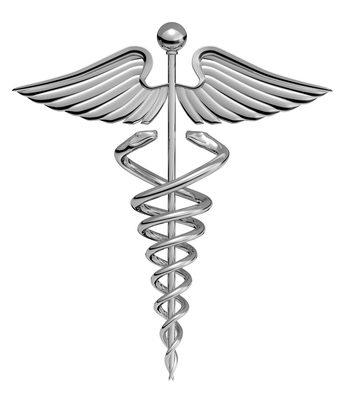Certified revenue cycle professionals occupy the same space in the financial hierarchy of a hospital or doctor’s office that a comptroller does in a government agency. These professionals are responsible for accurate and ethical application of patients’ medical information and histories to billing.
Why Revenue Cycles are Crucial
The financial success of the hospital or private practice depends on the certified revenue cycle professional, who ensures not only that the books balance but also that patients are not billed incorrectly. In a litigious world, such as that of 21st-century America, incorrect bills could result in lawsuits, either class action or otherwise, that could be terribly detrimental to the hospital or practice. Aside from that, being right when dealing with people’s lives is quite simply the right thing to do. By being both ethical and uncompromisingly accurate, the certified revenue cycle professional boosts morale too.
The Necessary Qualifications
Every revenue cycle professional must take an exam administered by the American Association of Health Care Administrative Management. The professional chooses which area on which to focus, and these areas include job titles like:
•Certified compliance technician, which is an auditing job
•Certified revenue integrity professional, which is a billing job
•Certified revenue cycle specialist, which is the entry level version of the certified revenue cycle professional
Revenue cycle professionals are supervisors. In addition to passing the applicable test, they must also have a degree and have experience in the field. That level of experience varies by state. Many also have master’s degrees or doctorates.
The Contents of the Exam
There are two versions of the exam: one for private practices or clinics and one for hospital settings. Each version has the same basic questions about know-how, including how to manage billing issues associated with Medicare and Medicaid, the registries that are part of the Affordable Care Act, and software programs used in their administration.
Thereafter, the clinic exam covers aspects of the job involving dealing with the public in a front-desk situation whereas the hospital exam covers all aspects of patient access. Both exams cover customer service, and the hospital exam covers the applicant’s knowledge of such terms as average daily census and Medicare code editor. Both exams also focus on fair credit reporting and administration. After having passed the initial exam and having had four years’ experience, a revenue cycle professional in a supervisory capacity can take a second exam to become a certified revenue cycle executive, which is the pinnacle of achievement in this field.
The exam is a first step toward cementing one’s reputation as a revenue cycle professional. It shows prospective employers that the applicant knows his or her stuff and that he or she can be depended upon both ethically and professionally. Once such a person achieves the title of revenue cycle professional, he or she can also become a mentor to others interested in the healthcare finance system as a career, passing down their wisdom and expertise to the next generation.
